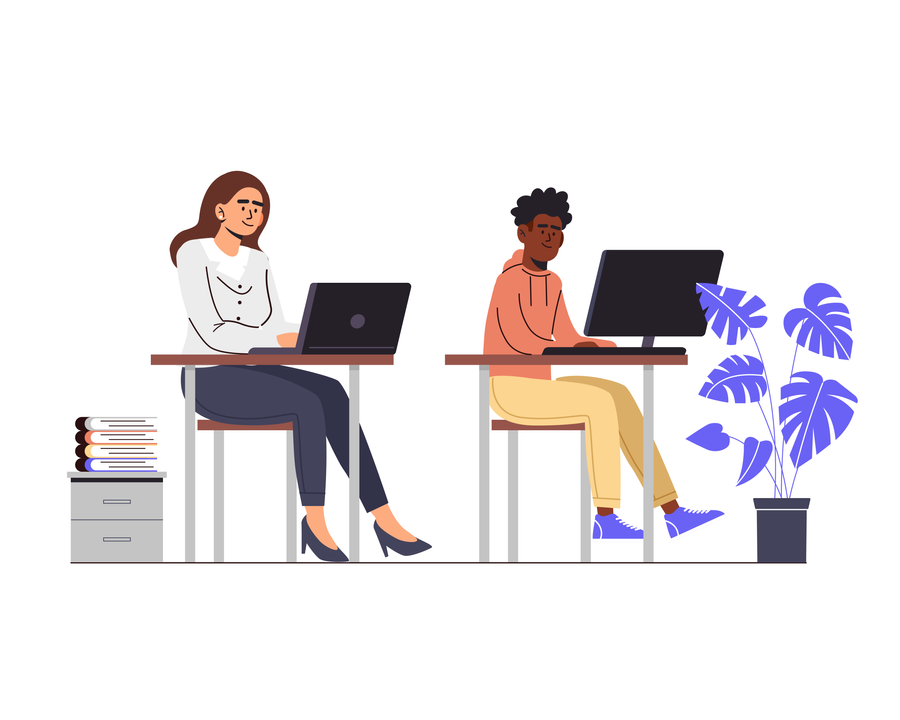Advocating for social needs at work
~ 2 min read

For older children, a part-time or full-time job can be a key part of their social identity.
This extra commitment may result in negative impacts on their sleep as they juggle a busy schedule of extracurriculars and academic responsibilities. Helping them make a conscious decision about what is in their best interests can be difficult because it involves sacrificing something they enjoy or value.
Did you know?
You are not required to disclose your sleep disorder to your supervisor at work. However, the company is not required to make any reasonable accommodations to help you unless this personal information is shared. For more discussion on disclosing a sleep disorder at work, Project Sleep provides valuable information.
Some examples of work accommodations that may help you feel socially connected with your co-workers, but still able to manage their other responsibilities:
- Not working shifts that require earlier wake-ups, or later bedtimes.
- Keeping a consistent shift time that is when you are most alert.
- Nap breaks.
- Being able to work near natural light.
How can I suggest changes to my employer without coming across as less capable?
It can be uncomfortable to bring up work accomodations with your boss at work. Keep these tips in mind when planning the conversation:
- Talk to someone with your immediate supervisor, or someone you interact with regularly. They are in the best position to recognize the great work you’re doing and the workplace obstacles that might be affecting your performance.
- Before discussing the specifics of your requests, help your boss understand what narcolepsy/idiopathic hypersomnia is. It is likely that they have never heard of the sleep disorder before, or if they have heard about it, have wrong information in mind. Focus on the symptoms of the disorder that affect your work.
- Highlight the correlation between the accommodation you are requesting and the impact it will have on your performance. For example, starting your shifts at a time that is suitable for your narcolepsy/idiopathic hypersomnia may mean that you will be consistently at work a few minutes early every shift.